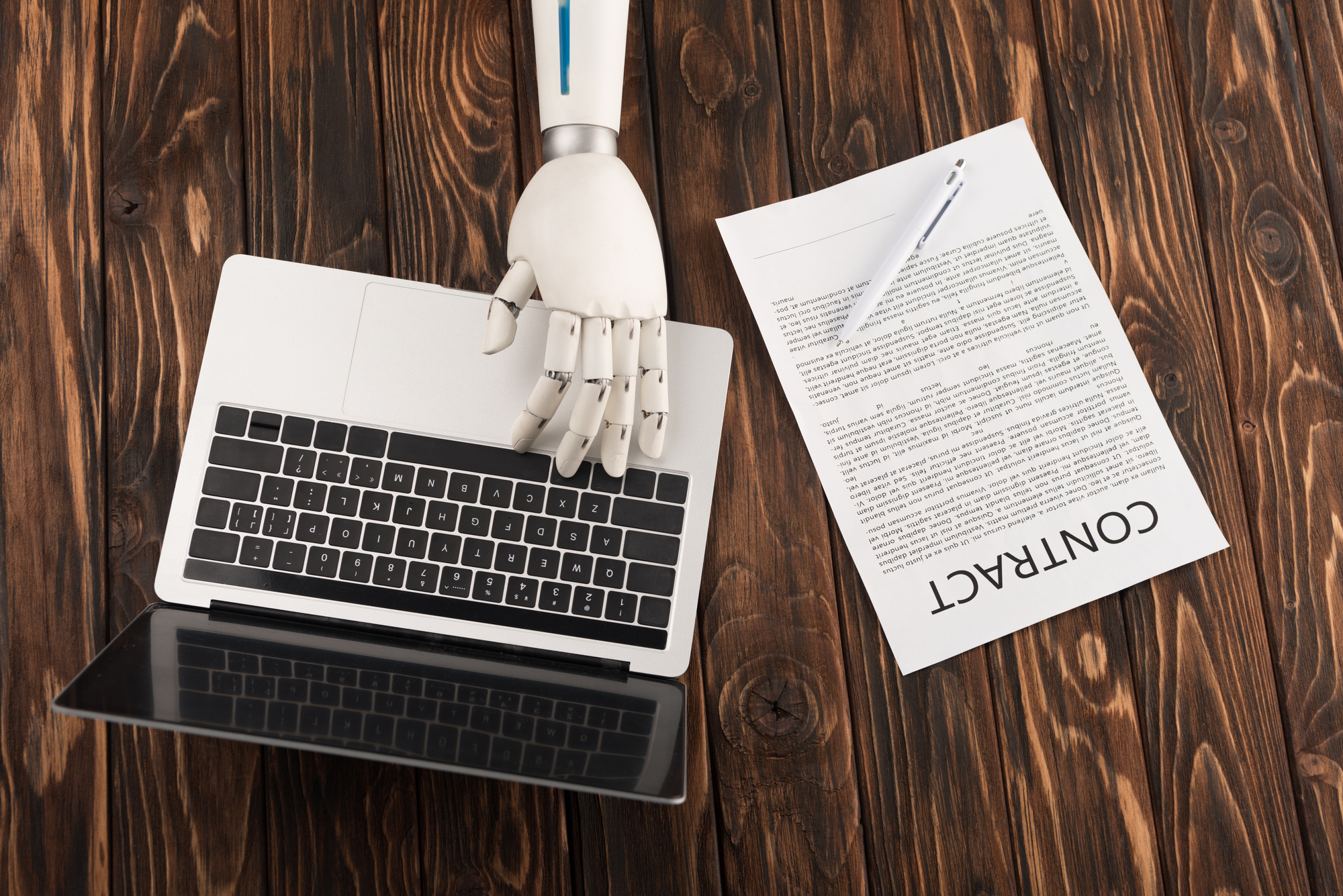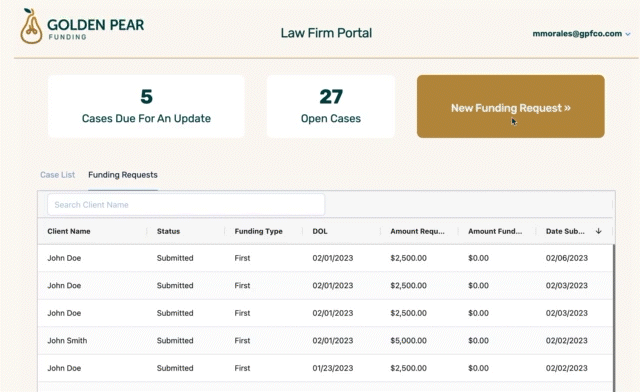Transforming Personal Injury Law Firms: The Impact of Artificial Intelligence

Artificial Intelligence (AI) is not just a buzzword anymore. Instead, it's a revolution, rapidly transforming diverse industries worldwide. And now it's making waves in the legal sector, specifically within personal injury law firms. From automating mundane tasks to predicting case outcomes, AI reshapes law firms' operations, enhances efficiency, and drives successful results. In this blog post, we'll delve into the profound impact of AI on personal injury law firms and explore how embracing this technology can be a game-changer.
AI: A Powerful Tool for Personal Injury Law Firms
Personal injury law firms deal with many cases, from road accidents and workplace injuries to medical malpractice. Handling these cases efficiently demands extensive research, case analysis, and paperwork — all of which can be tedious and time-consuming. Here's where AI steps in.
AI applications like Chatbots and assistants have demonstrated tremendous potential in improving client engagement and streamlining administrative work. They can answer FAQs, schedule appointments, and even gather preliminary case details, freeing up valuable time for lawyers to focus on case strategies.
AI-powered document review tools are another boon for personal injury law firms. These tools can sift through vast amounts of data, identifying and extracting relevant information in a fraction of the time it would take a human. This speeds up the discovery process and reduces the risk of human error.
Predictive Analytics: The Future of Case Outcomes
One of the most groundbreaking aspects of AI in law is predictive analytics. AI algorithms, trained on thousands of previous court cases, can predict the likely outcome of a case based on variables like case facts, jurisdiction, and involved parties. This provides personal injury lawyers with invaluable insights, helping them to build more robust cases and advise clients more effectively.
Ethical AI: A Balancing Act
As exciting as these developments are, the integration of AI in law firms also raises essential ethical and confidentiality questions. Law firms must ensure that AI systems respect client privacy and abide by the legal profession's ethical standards. This means AI systems must be transparent, auditable, and able to explain their decisions to lawyers and clients.
Preparing for an AI-Driven Future
AI is undoubtedly a disruptive force in the legal sector, but it's also a powerful tool that can enhance the quality of legal services. For personal injury law firms, adapting to this new reality means upskilling their teams, investing in the right technologies, and fostering a culture of innovation.
In conclusion, the future of personal injury law firms is intertwined with AI. Embracing AI can lead to substantial efficiency gains, better client service, and improved case outcomes. However, the transition must be navigated thoughtfully, with a keen eye on maintaining ethical standards and client confidentiality. As we move forward, it's clear that those personal injury law firms that adapt and evolve with AI will lead the charge in the new age of law.


.png)